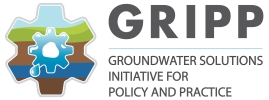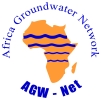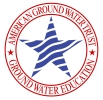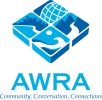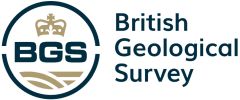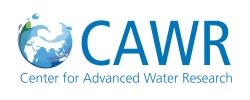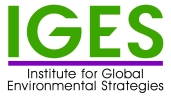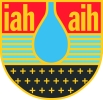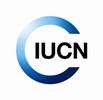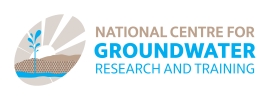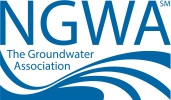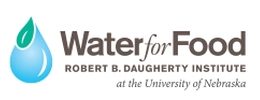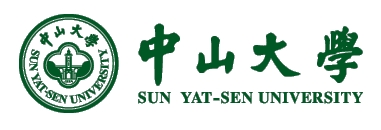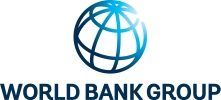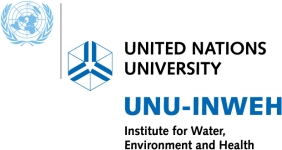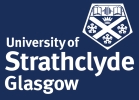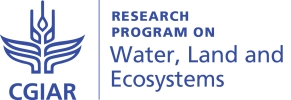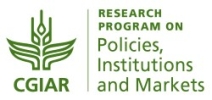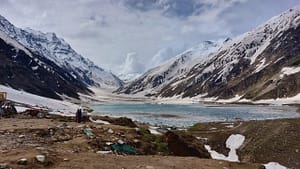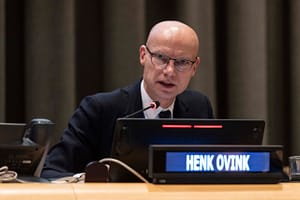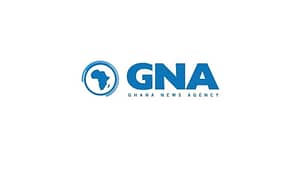GRIPP addresses SDGs, transboundary aquifers and MAR at the IAH Congress in Montpellier
Although the 6th Sustainable Development Goal (SDG) is the only one dealing explicitly with water, groundwater underlies 14 of the 17 SDGs and almost 20% of all SDG targets, from good health and well-being (SDG 3) to life on land (SDG 15). Furthermore, transboundary aquifers cover approximately 45% of continental area and 30% of the population in Africa, and cooperation between co-riparian countries is required for the sustainable development and management of groundwater resources. On Wednesday September 28th, Coordinator Karen Villholth and Alvar Closas, IWMI, presented the Groundwater Solutions Initiative for Policy and Practice (GRIPP) during the IAH-MAR Session at the 60th IAH Congress in Montpellier, France. The aim of the session, attended by 24 delegates, organized in conjunction with the IAH-MAR Commission, and inaugurated by Antonio Chambel, IAH President, was to discuss and enhance partnership collaboration, concrete activities and outputs to help address groundwater issues.

The delegates discussing GRIPP collaboration and upcoming joint activities
As part of the introductory presentations, Tales Carvalho Resende of the UNESCO-IHP Division of Water Sciences stressed the importance of a GRIPP-UNESCO liaison in achieving the SDGs. Tales called for monitoring the transboundary aquifer SDG indicator (6.5.2, on the extent of their shared aquifers and river basins under an operational agreement) and building national government capacities and institutions to enhance sustainable groundwater development.
On the Managed Aquifer Recharge (MAR), several participants highlighted the fact that there is still poor awareness of MAR; as a result, MAR is often seen as costly and potentially risky. Andreas Antoniou, Nienke Ansems and Catalin Stefan of the IGRAC, the International Groundwater Resources Assessment Centre, the Netherlands and the Technische Universität Dresden, Germany shared information on a global inventory of MAR, and argued that a better dissemination of results from successful projects could help stakeholders to understand the benefits of MAR and adopt the methodology on a larger scale. A Technology Brochure on MAR has been produced to support this goal under the EU Project Demeau.
Peter Dillon of IAH-MAR praised the GRIPP Initiative as a welcome forum and platform for bringing groundwater to the forefront of the water debate, and a place to share lessons and support innovative solutions. He exemplified learnings from the MARVI Project, which works with local rural communities in Gujarat and Rajasthan, India, where farmers are taking up local-scale MAR combined with participatory approaches to control and manage groundwater. These experiences will be documented through the GRIPP as lessons are learned.
Supporting this, Andrew Ross of Fenner School of Environment and Society and the National Centre for Groundwater Research and Training, Australia shared a financial and economic analysis of MAR schemes in order to guide decision-making and reduce uncertainty about costs and benefits of MAR. He indicated that data and experience sharing from case studies, facilitated by GRIPP, will further improve integrated surface water and groundwater management.

Dr Alvar Closas, IWMI, and Mr Tales Resende Carvalho, UNESCO-IHP, at the session
Subsequently, attendees engaged in a spirited discussion focusing on existing challenges and how GRIPP can support on-going groundwater-related work. Suggestions involved developing webinars together with Skat (now partner of GRIPP), translating documented lessons into other languages than English, involving citizen science, adopting economic tools to value groundwater, developing joint MAR proposals to enhance water security, and promoting groundwater in the UN-Water/SDG dialogue and monitoring processes.
To meet these challenges, GRIPP is well-situated through its partnerships to promote collaboration and knowledge sharing across regions and engage stakeholders, governments and scientists alike in an effort to improve cooperation and overall integrated surface water and groundwater management.
Subscribe to GRIPP News for more updates.






